From Kedarnath to Badrinath, every step is a step closer to the divine.
From Kedarnath to Badrinath, every step is a step closer to the divine.
Mount Kailash is one of the most sacred mountains in the world, drawing pilgrims and travelers seeking spiritual enlightenment and adventure. This journey takes you through Kailash and its surrounding holy sites, revealing the rich cultural heritage and breathtaking landscapes. Whether you’re here for the religious significance or the natural beauty, the Kailash pilgrimage offers a transformative experience unlike any other.
Book Your Yatra Now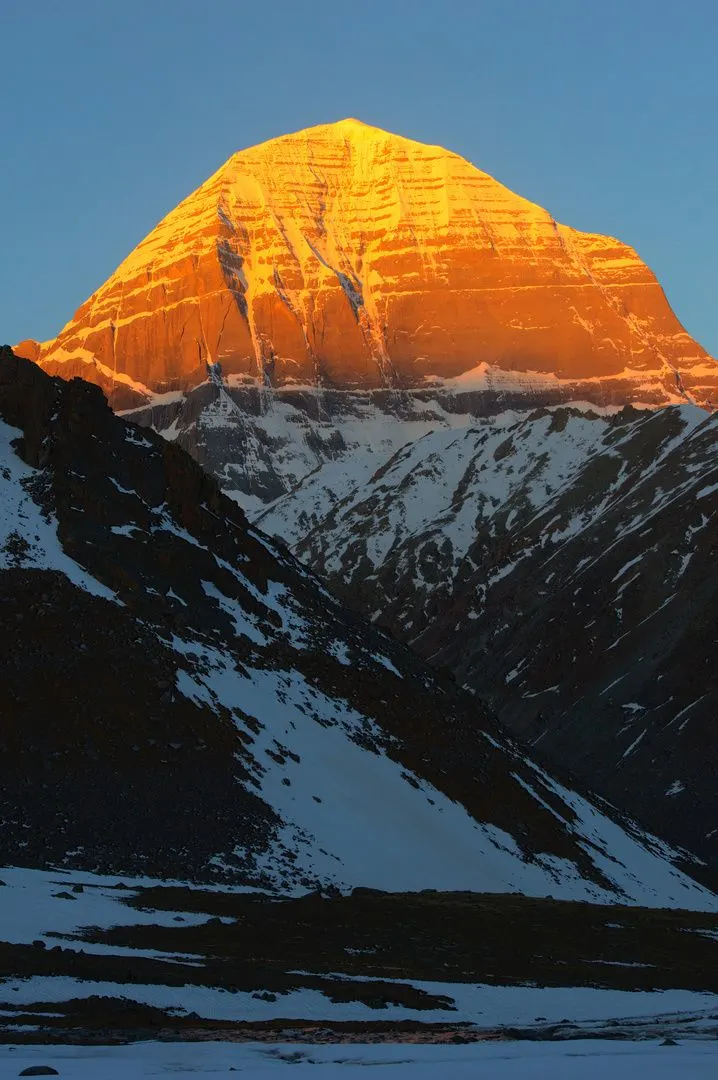
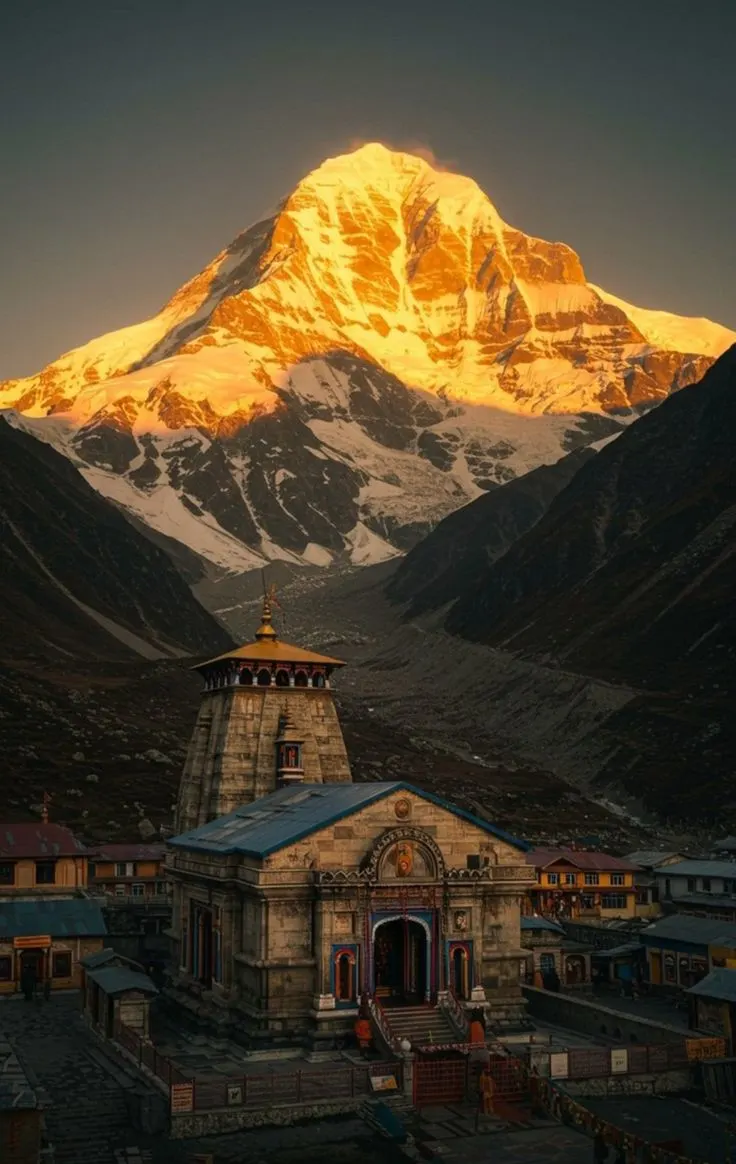
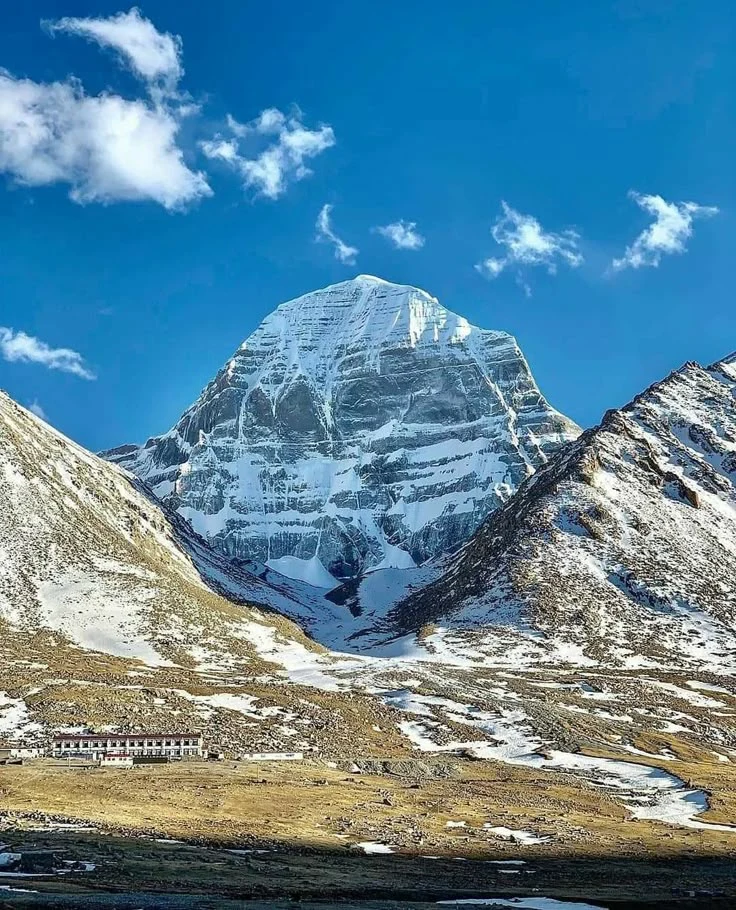
Of Experience
Happy Clients
Mount Kailash, standing tall at 6,638 meters, is not just a mountain but a revered spiritual symbol in the Himalayas. It holds immense importance for pilgrims from Hinduism, Buddhism, Jainism, and Bon traditions. The Kailash region, along with the famous Char Dham pilgrimage, offers a unique blend of spirituality and adventure. Pilgrims undertake the Kailash parikrama and visit sacred lakes like Manasarovar and temples that enrich their spiritual journey. Experience the serene landscapes and deep-rooted faith that make Kailash and Char Dham pilgrimage a once-in-a-lifetime journey.
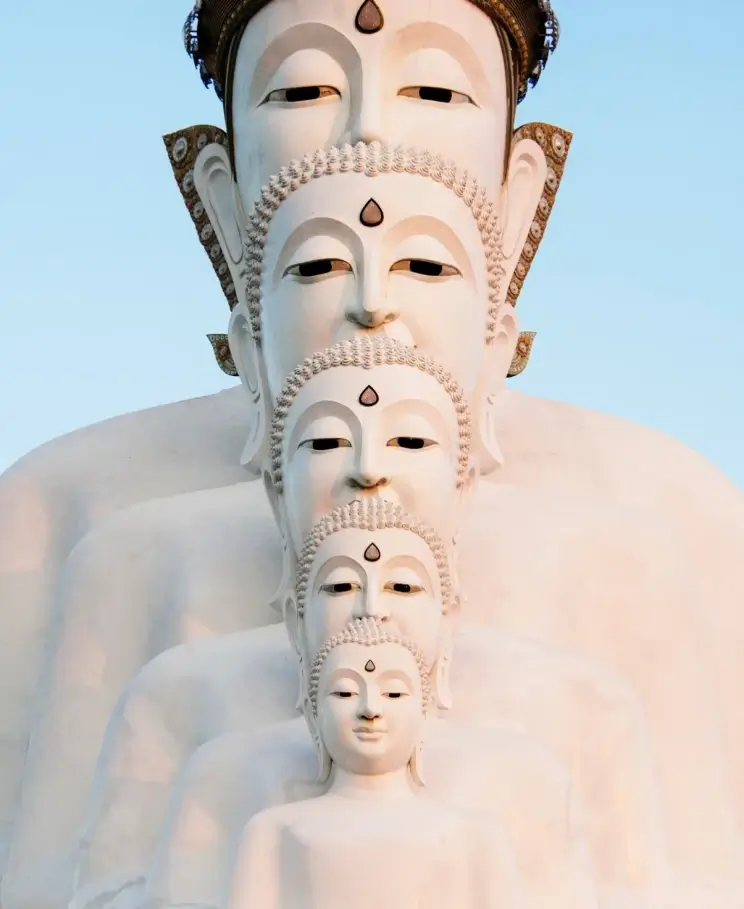
Lake Manasarovar, located at a high altitude of 4,590 meters, is one of the most sacred and serene freshwater lakes in the world. It lies in the shadow of Mount Kailash and is revered by followers of Hinduism, Buddhism, Jainism, and Bon traditions. According to Hindu mythology, the lake was created by Lord Brahma as a place of purity and spiritual practice. Bathing in its crystal-clear waters is believed to wash away the sins of countless lifetimes. The lake’s near-perfect round shape represents the sun, symbolizing clarity and divinity. Buddhist texts describe it as Anavatapta, a mythical lake from which sacred rivers flow. With snow-capped peaks reflecting in its waters, Lake Manasarovar offers pilgrims a deeply peaceful and sacred experience.
Years of Experience
9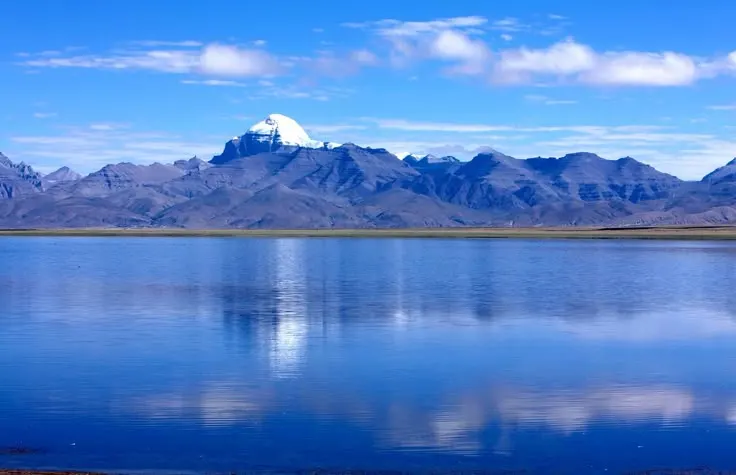
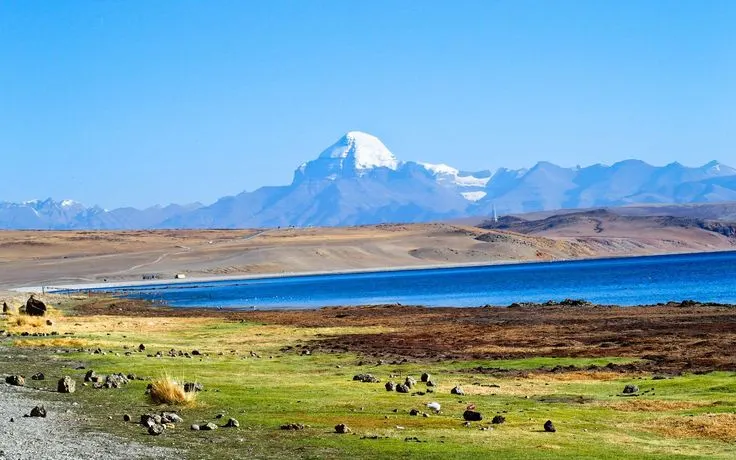


Just west of Lake Manasarovar lies Rakshas Tal, a saltwater lake with a contrasting aura. In Hindu mythology, it is associated with the demon king Ravana, who is said to have meditated here to gain powers from Lord Shiva. Unlike the calm and spiritual purity of Manasarovar, Rakshas Tal feels darker and more mysterious, creating a symbolic balance of energies—light and dark, good and evil. Though less visited, its deep blue waters and rugged backdrop hold a magnetic allure. Many pilgrims view it as a reminder of the duality in nature and human life. Its stark beauty, silence, and mythological significance make Rakshas Tal an intriguing and thought-provoking destination.
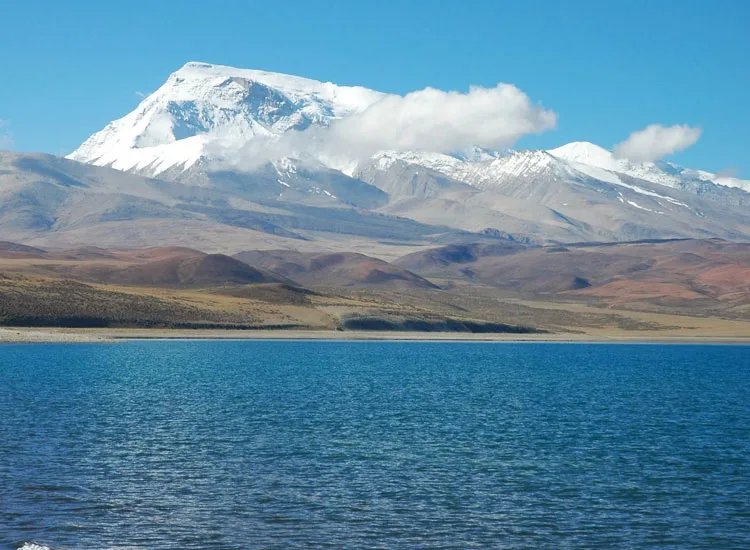
Yama Dwar, often referred to as the “Gateway of the God of Death,” marks the official starting point of the Mount Kailash parikrama. Located near Darchen, this site holds immense spiritual value for pilgrims. According to belief, passing through Yama Dwar symbolizes the shedding of one's ego, pride, and worldly attachments before beginning the sacred journey around Kailash. Though physically it appears as a simple stone gateway, spiritually it is seen as a portal to higher consciousness. Pilgrims pause here to offer prayers and mentally prepare for the transformative trek that lies ahead. It's not just a geographic checkpoint — it's a powerful reminder of the inner journey that complements the outer one.
Years of Experience
9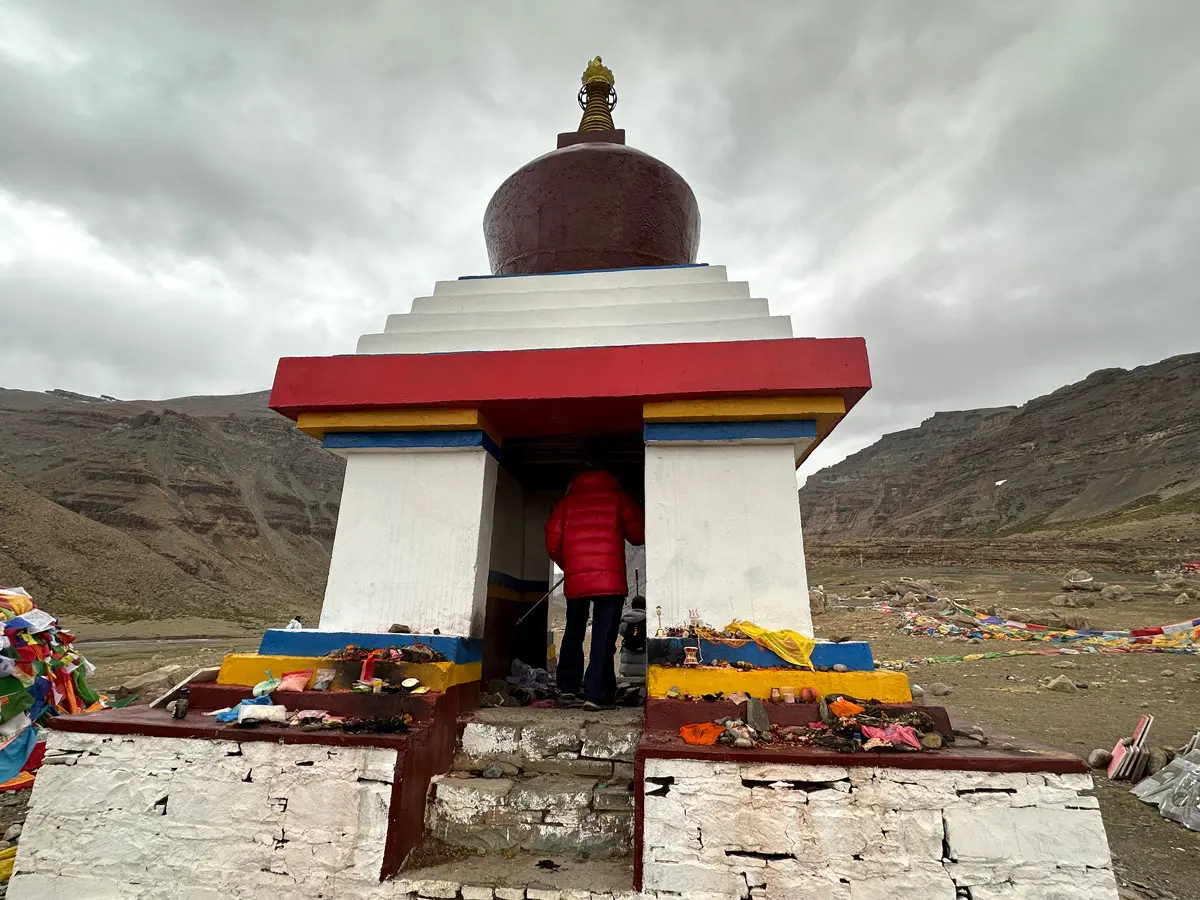
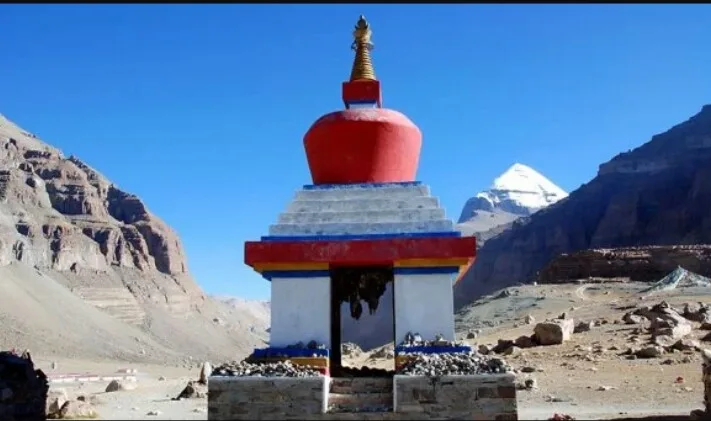
The Mythical Lake of Goddess Parvati Near Kailash Yatra
Gauri Kund, also known as the “Lake of Compassion,” is a sacred site located on the route to Mount Kailash, just below the Dolma La Pass. According to Hindu belief, this is the spot where Goddess Parvati (Gauri) performed penance to win Lord Shiva’s love. The lake is steeped in mythological importance and is considered spiritually purifying for those who visit.
Pilgrims often pause here during the arduous Kailash Parikrama to offer prayers and take in the divine atmosphere. Despite its freezing temperature and high-altitude location, Gauri Kund holds immense religious and emotional significance for devotees.
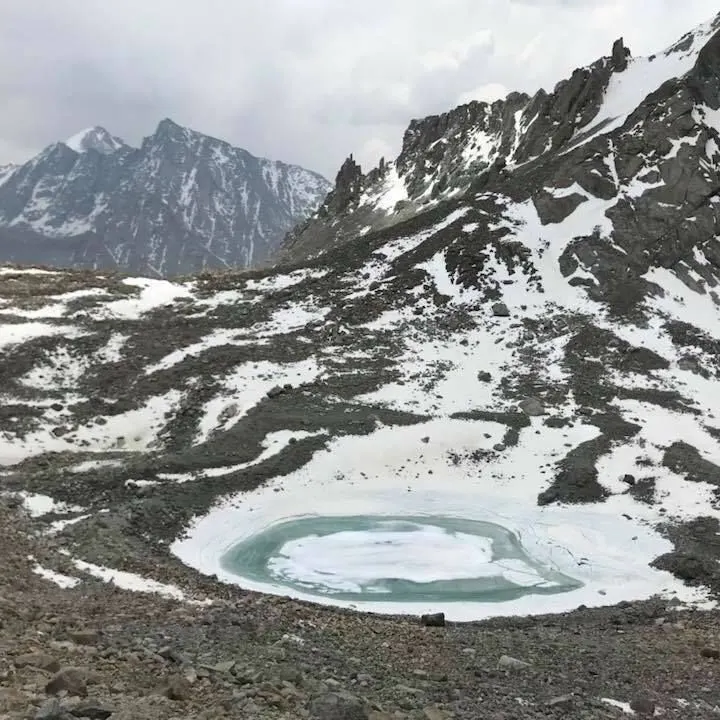
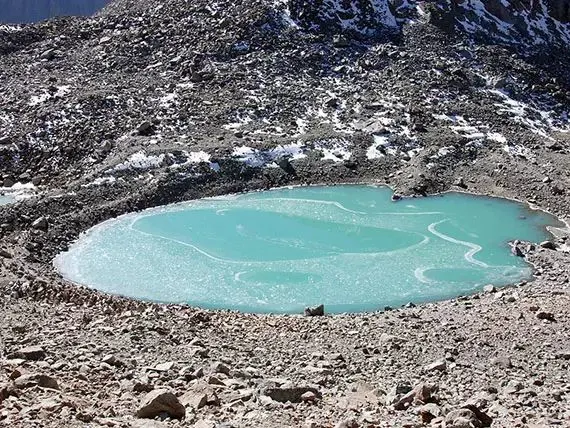
Nandi Parvat stands as the symbolic gatekeeper of Mount Kailash, representing Lord Shiva’s sacred vehicle — Nandi the bull. This mountain is believed to resemble the head of Nandi when seen from certain angles, reinforcing its spiritual significance. According to mythology, Nandi is not just a mount but also a devout follower of Shiva, always positioned facing the deity. Pilgrims often look toward Nandi Parvat with folded hands, seeking strength, patience, and loyalty — qualities embodied by Nandi.
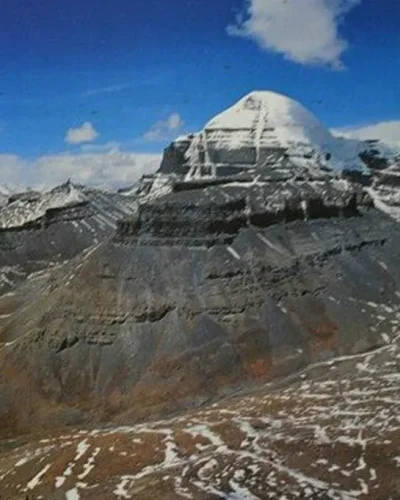

A Spiritual Stop on the Kailash Journey
The Jal Narayan Temple, also known as Sleeping Vishnu Temple, is an important spiritual site often visited before or after the Kailash Yatra. Though it is not in Tibet, it holds relevance for pilgrims starting their journey from Nepal — especially from Kathmandu.
Located in a serene garden setting with a pond, the temple features a massive stone idol of Lord Vishnu in a reclining posture over Sheshnag (the serpent), surrounded by water. Devotees believe that visiting this temple blesses the yatra ahead, bringing protection and inner peace.
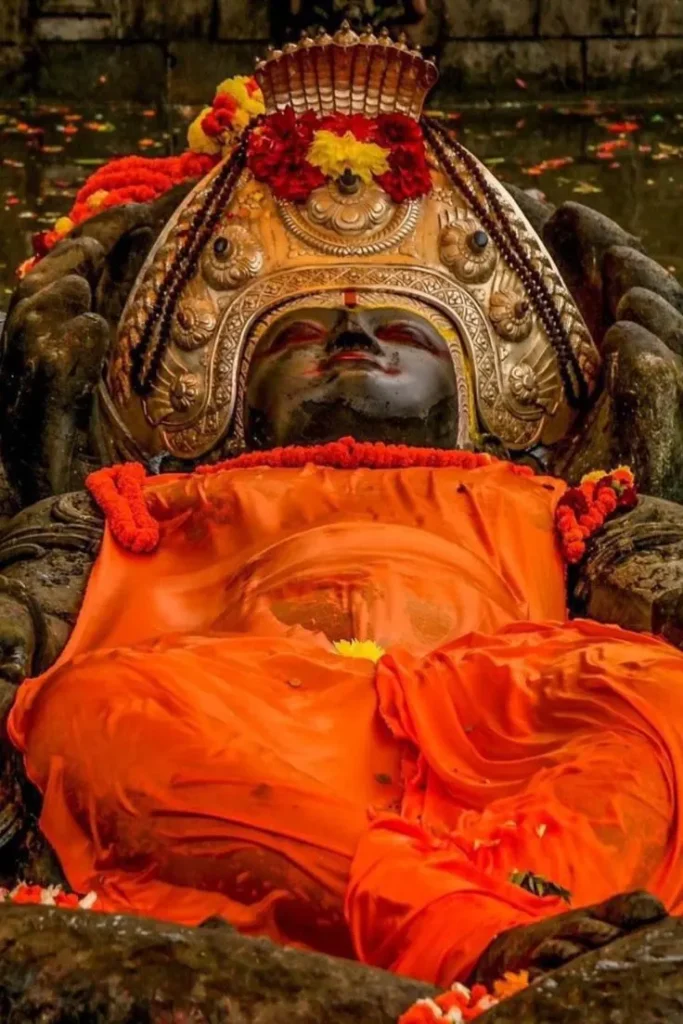
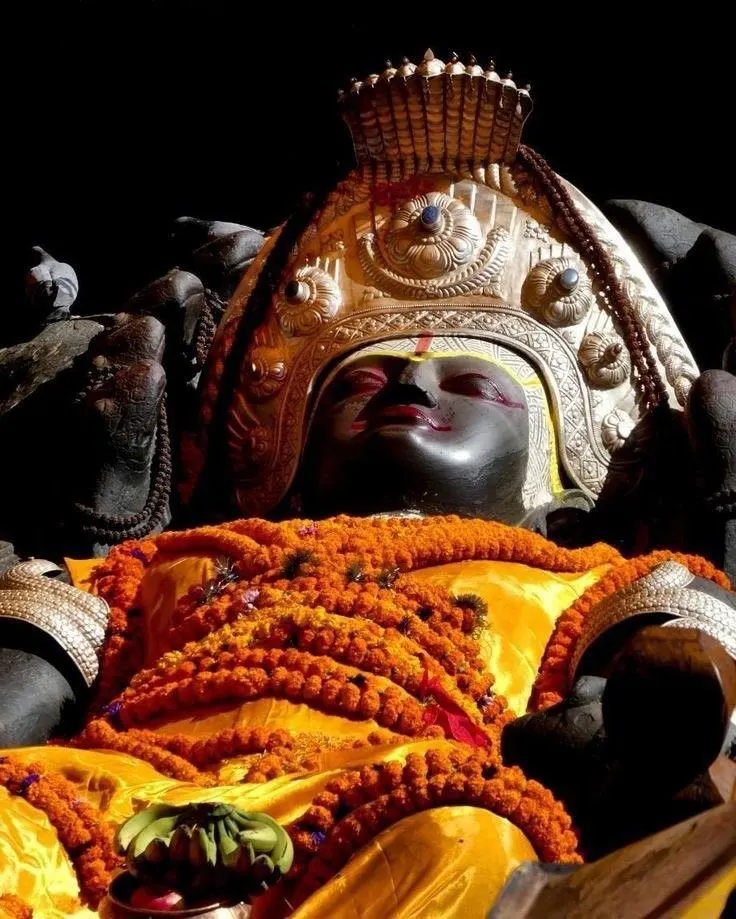
The Pashupatinath Temple in Kathmandu, Nepal, is one of the most sacred Hindu temples dedicated to Lord Shiva, making it a powerful spiritual stop before beginning the Kailash Mansarovar Yatra. It is said that visiting this temple before going to Mount Kailash ensures the success and spiritual merit of the journey. This UNESCO World Heritage Site stands on the banks of the Bagmati River and draws pilgrims and sadhus from all over the world. The temple complex is ancient, with multiple shrines, ghats, and religious activities happening throughout the day.


Ashtapad Tirtha holds deep significance for Jain pilgrims, as it is believed to be the site where Rishabhdev, the first Jain Tirthankara, attained moksha (liberation). Located near Mount Kailash, Ashtapad offers stunning panoramic views of the sacred landscape surrounding Kailash. This pilgrimage spot symbolizes spiritual liberation and is often considered the final destination for Jains undertaking the Kailash journey. The serene environment and historic importance make Ashtapad Tirtha a vital part of the Kailash pilgrimage experience.
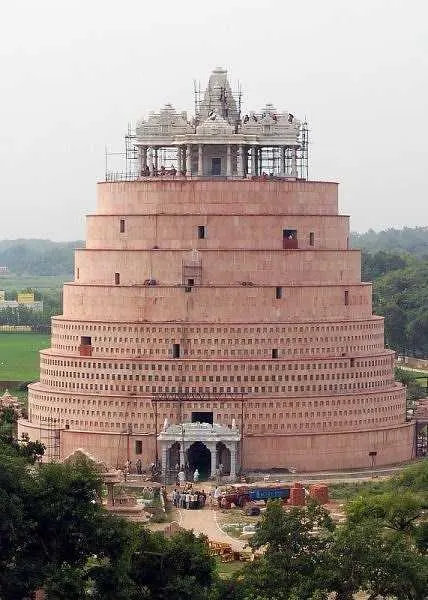
Damodar Kund is a serene and sacred lake located in Nepal’s Mustang region, closely connected to the spiritual aura of the Kailash pilgrimage. This tranquil lake holds immense religious importance for Vaishnavites as it is associated with Lord Krishna. According to ancient texts, bathing in Damodar Kund is believed to cleanse ancestral sins and purify the soul, adding a profound layer to the spiritual journey around Kailash. Surrounded by towering peaks and untouched nature, Damodar Kund offers pilgrims a peaceful retreat for meditation and reflection, enriching the overall pilgrimage experience.
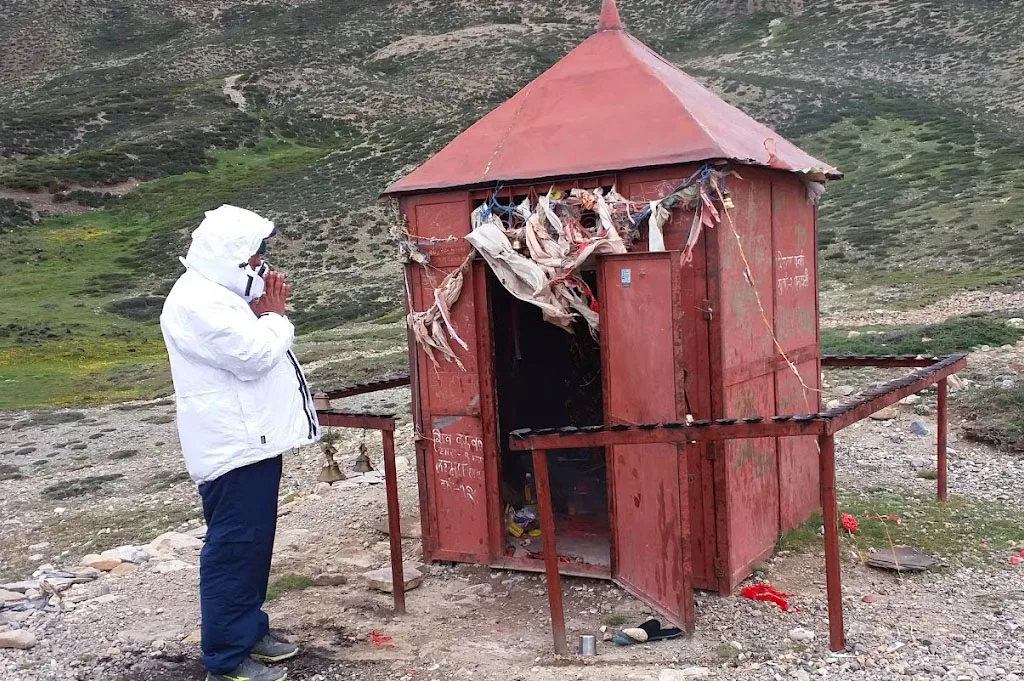
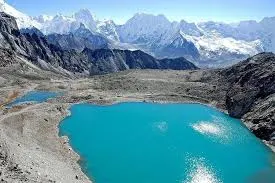
The Spiritual Replica of Mount Kailash in Uttarakhand
Adi Kailash, also known as Chhota Kailash, is a revered pilgrimage site located in Uttarakhand, India. Considered the spiritual twin of the main Mount Kailash, it offers devotees an accessible alternative to experience the divine aura of Kailash Mansarovar. Surrounded by snow-capped peaks, lush valleys, and sacred streams, Adi Kailash holds significant religious importance for pilgrims who seek spiritual merit and blessings without traveling to Tibet.
The tranquil environment and natural beauty make Adi Kailash a perfect destination for those who want to connect with the essence of Kailash closer to home.
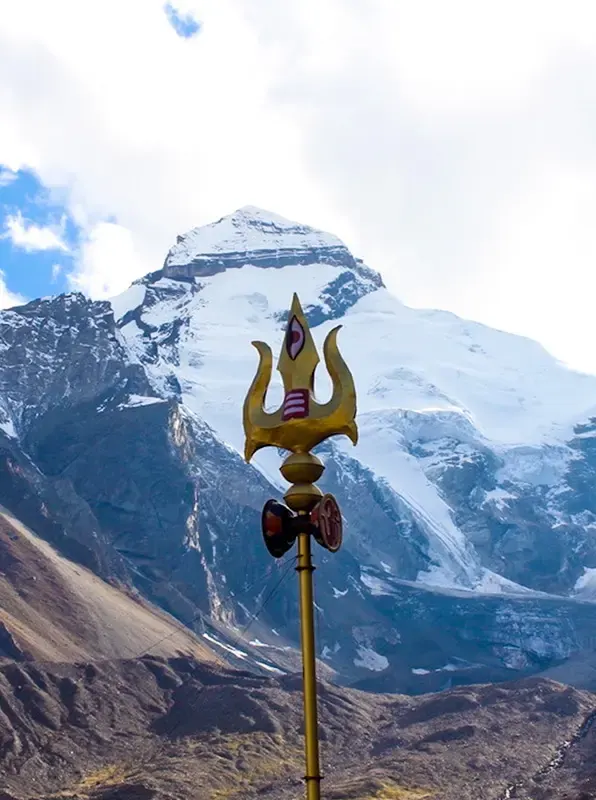

Preparing well for the Kailash Mansarovar Yatra is essential to make the most of this sacred pilgrimage. It demands not only spiritual focus but also good physical health and mental strength. Pilgrims are advised to consult their doctors and engage in regular exercise like walking and yoga weeks before the journey. Understanding the spiritual significance of each site enriches the experience, making the Yatra a profound transformation. Proper preparation helps overcome challenges like high altitude and tough terrain, ensuring a safe and fulfilling pilgrimage.
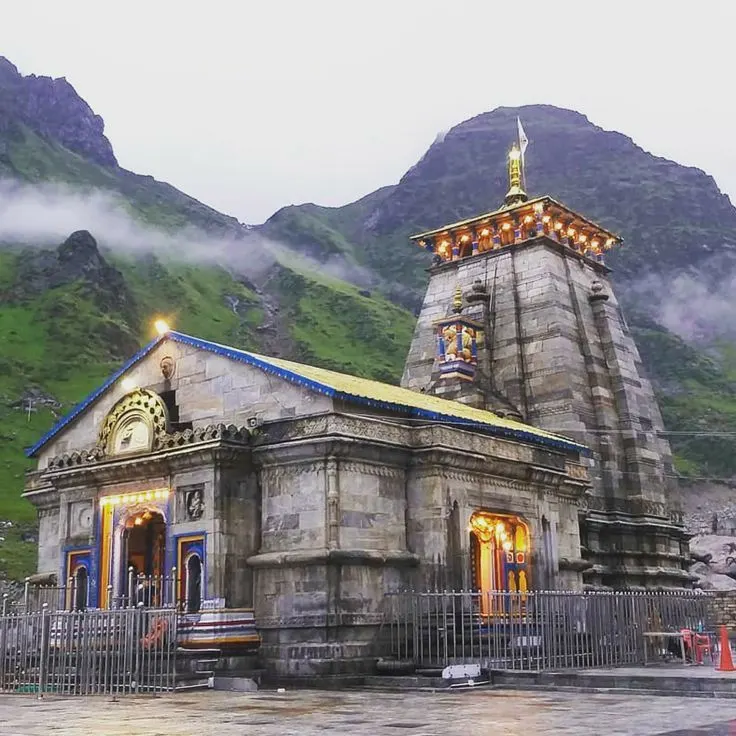

Of Experience
Happy Clients
Packing the right items for the Kailash Yatra ensures comfort and safety throughout the pilgrimage. Given the high altitude and unpredictable weather, proper clothing and equipment are vital. From warm layers to trekking shoes and personal hygiene kits, every item plays a role in making the journey manageable and memorable. Don’t forget to carry your valid passport and any necessary medications. A well-prepared traveler can focus fully on the spiritual aspects of the Kailash Yatra without distraction.


Understanding High Altitude Sickness is crucial for a safe and successful Kailash pilgrimage. At elevations above 2,500 meters, your body may struggle to adjust to lower oxygen levels, leading to Acute Mountain Sickness (AMS). Symptoms can include headache, nausea, dizziness, shortness of breath, and fatigue.
Proper preparation and awareness help most pilgrims complete the Kailash Yatra safely, making it a spiritually rewarding and life-changing experience.
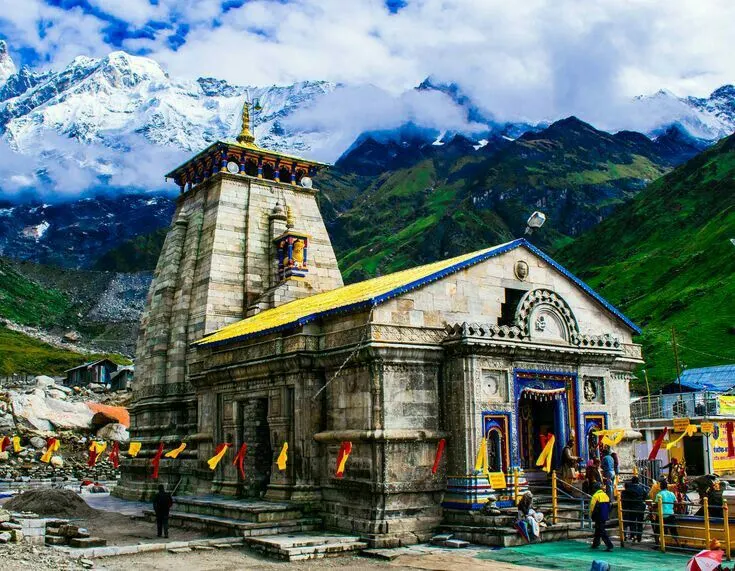
Absolutely life-changing experience! The journey to Kailash was spiritual, breathtaking, and unforgettable. Highly recommend to all travelers.

Kailash Yatra was divine. Every moment felt sacred. Scenic beauty and spiritual vibe made it worth every step.

An unforgettable journey! The peace, nature, and spiritual energy of Kailash left a lasting impression on my soul.
